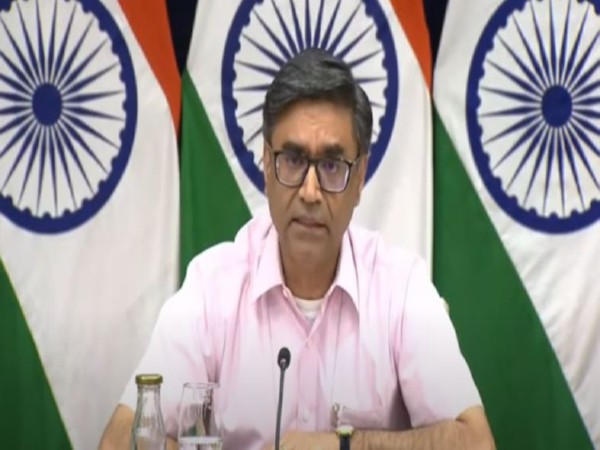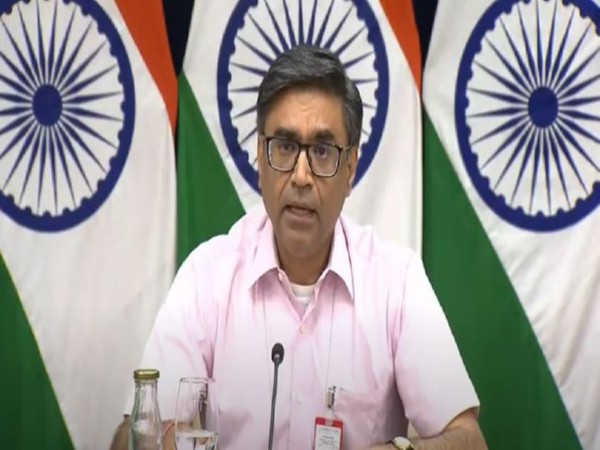PoGB: Residents of Raminji village protest against lack of health facilities in Gojal Valley
Oct 05, 2024

Hunza [PoGB], October 5, : Residents of Raminji village in the Gojal Valley of Pakistan-occupied Gilgit-Baltistan staged a protest against the lack of health facilities in the area, as reported by Pamir Times.
The village, known for its remote location and difficult access to larger towns, heavily relies on its dispensary for basic medical needs, including treatment for common illnesses, maternal care, and emergency services. The absence of adequate healthcare facilities has alarmed locals, prompting them to demand immediate action from the authorities.
One protester on Friday pointed to a victim and stated, "We are protesting in front of the Raminji dispensary because, since August 18, there have been no dispensers or security guards. We are human beings too; why is this happening to us? Her treatment has been handled by retired health workers."
He further said, "We have lived here for a long time, but what is our mistake? It has been two months without any improvements. Are we considered enemies? Why are we being neglected? That is why we are protesting. The dispenser was transferred to Sost, and since then, no replacement has been assigned."
Numerous dispensaries and clinics in PoGB have faced closures due to staff transfers, lack of resources, and insufficient funding. The ongoing issues in the Gilgit-Baltistan region highlight broader concerns over infrastructure and basic services, which have been persistent since its disputed occupation by Pakistan.
According to reports from Dawn, many health centres are understaffed or closed, leaving communities without access to essential medical services. In some cases, residents have to travel long distances to reach hospitals, often facing challenging terrain and inadequate transportation.
In 1949, without the consent of the local population, Gilgit-Baltistan was incorporated into the Kashmir issue by the Pakistani government. From the outset, the residents were deemed incapable of governing their own affairs and were subject to the Frontier Crimes Regulation (FCR). It was only during Zulfiqar Bhutto's rule in the early 1970s that the FCR was abolished in Gilgit-Baltistan, as reported by Pak Military Monitor.
Despite these changes, the region continues to experience neglect and underdevelopment, leaving its residents struggling with limited economic opportunities and ongoing socio-economic challenges.



















